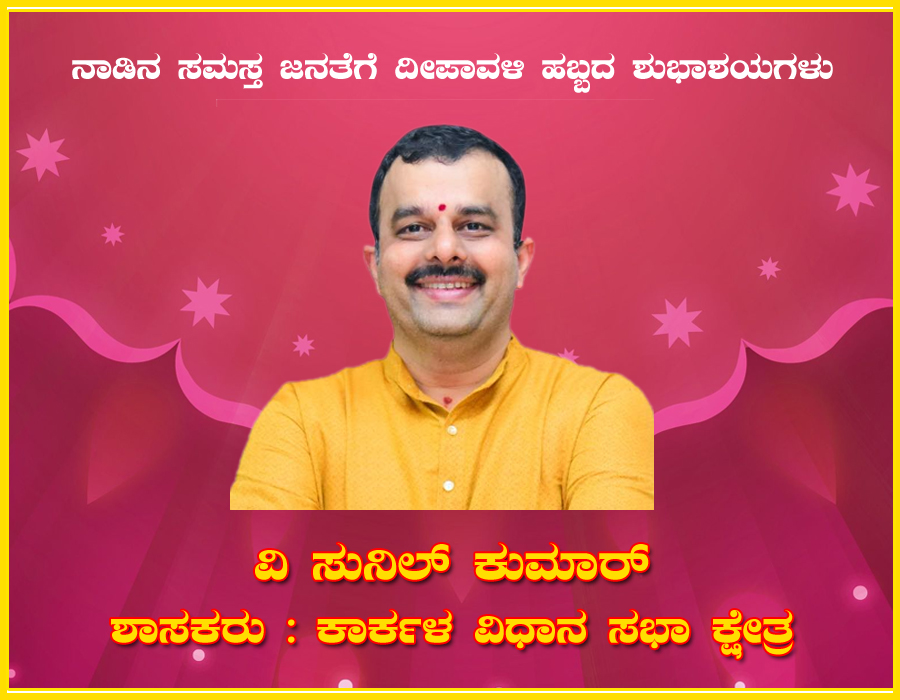School is not always the safest place for girls
10:19 AM, Tuesday, January 8th, 2013 Bangalore : When Child Rights and You (CRY) conducted a rapid assessment survey in August and September last year in the slums of Madiwala here on girl child education, over 40 per cent of the parents interviewed said that their children faced abuse of some form or the other in school or on their way to school.
Bangalore : When Child Rights and You (CRY) conducted a rapid assessment survey in August and September last year in the slums of Madiwala here on girl child education, over 40 per cent of the parents interviewed said that their children faced abuse of some form or the other in school or on their way to school.
In a middle-class atmosphere, which one presumes is safe, a four-year-old lower kindergarten (LKG) student in a private school at Nagarabhavi was sexually assaulted by a bus attendant on the school premises in December 2012. The police said that the child had been subjected to days of abuse but the horror came to light only when the mother saw her crying one day.
Subtle forms
While cases of sexual assault on school campuses are reported occasionally, many school-going girls face subtle forms of sexual abuse that they rarely talk about or even recognise as “abuse”.
A series of group discussions and therapeutic game sessions that the Right to Education (RTE) Act Task Force, formed by a group of non-governmental organisations (NGOs), has been holding in private and government schools for the last few months with girl children brought some of these invisible violations to the fore.
“Girls face a wide range of fears and insecurities,” says Nagasimha G. Rao, who is convener of the task force. Girls in one school said that they don’t go to the toilet throughout the day because the door is not secure. In another school, girls said that they felt uncomfortable because their physical education teacher stands too close to them while exercising and playing. Some girl children said that they were intimidated by boys who bring mobile phones to school and threaten to take their pictures, according to Mr. Rao.
What is to be done
To start with, better infrastructure facilities such as separate and well-maintained toilets for girls, safe transportation and a vigilant environment within the schools could go a long way in preventing abuse.
But there are issues beyond physical safety. Karnataka State Child Rights Commission member Fr. Edward Thomas believes that a “culture of speaking out” should be fostered jointly by parents and schools. “Each school should have a counsellor and there should be at least one person in the child’s home with whom she feels free to speak out,” he said.
In government schools in the State, where over 20 lakh girl children study, Sarva Shiksha Abhiyan conducts Kelu Kishori, a programme which is not only a module on issues of health, cleanliness, sanitation and mental changes during adolescence but also the rights of women and self-protection.
Counselling
Some private schools have specific programmes. For example, Delhi Public School has for the last five years had two women doctors and three counsellors working with each branch.
Children in Class 6 onwards attend weekly sessions meant to create awareness on issues related to adolescence, says Mansoor Ali Khan, member, board of management of the school.
“Many issues related to sexual abuse, hitherto unspoken, are now coming to the fore, which is a good start,” says Fr. Edward Thomas.-The Hindu
Simillar Posts
Warning: count(): Parameter must be an array or an object that implements Countable in /home/megamcaq/public_html/wp-content/plugins/post-plugin-library/common_functions.php on line 357
- None Found
Leave a Reply
© Copyright 2008 www.megamedianews.com All Rights Reserved. Privacy Policy








 Posted in
Posted in  Tags:
Tags: 






